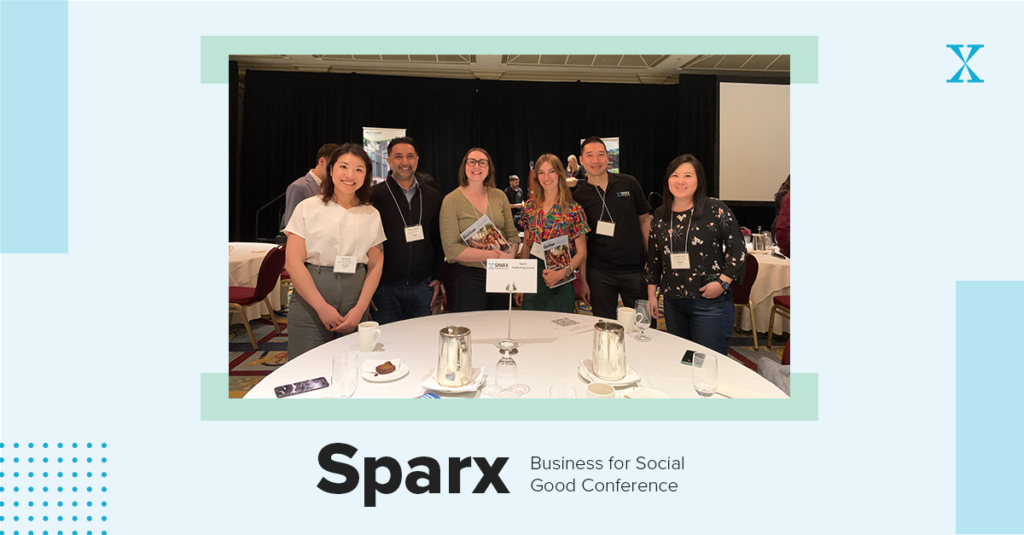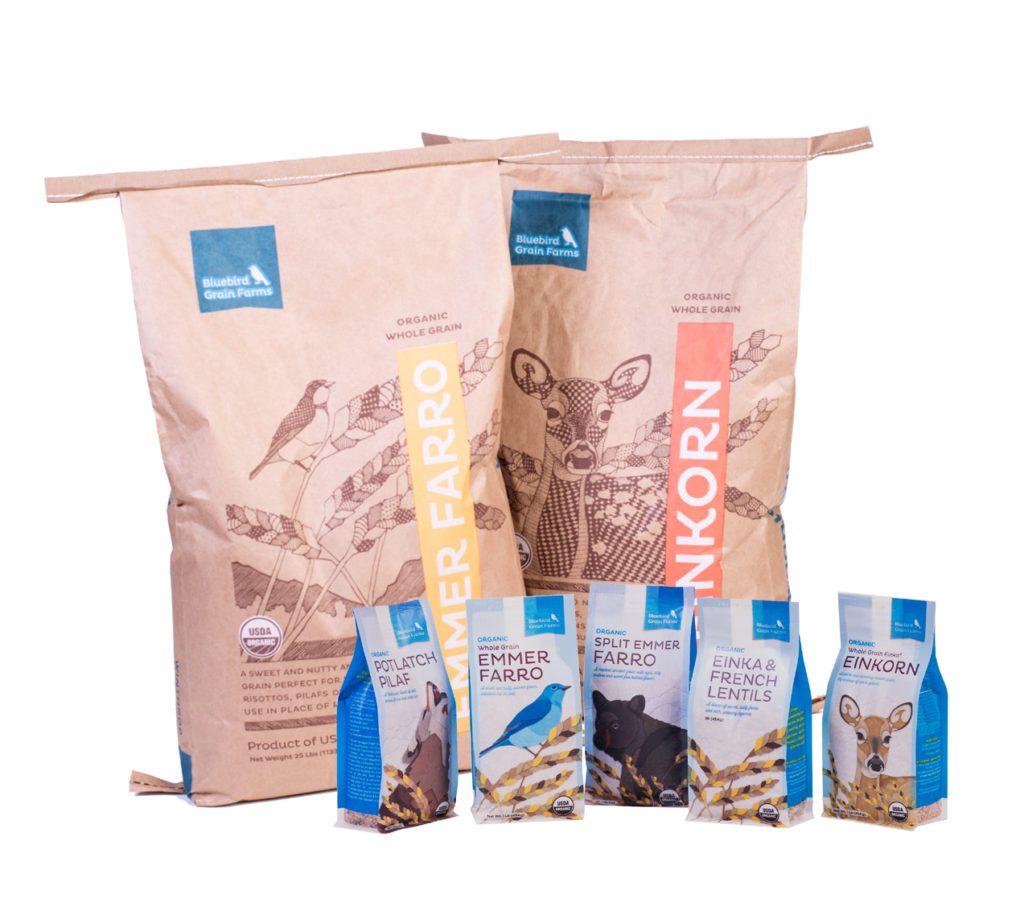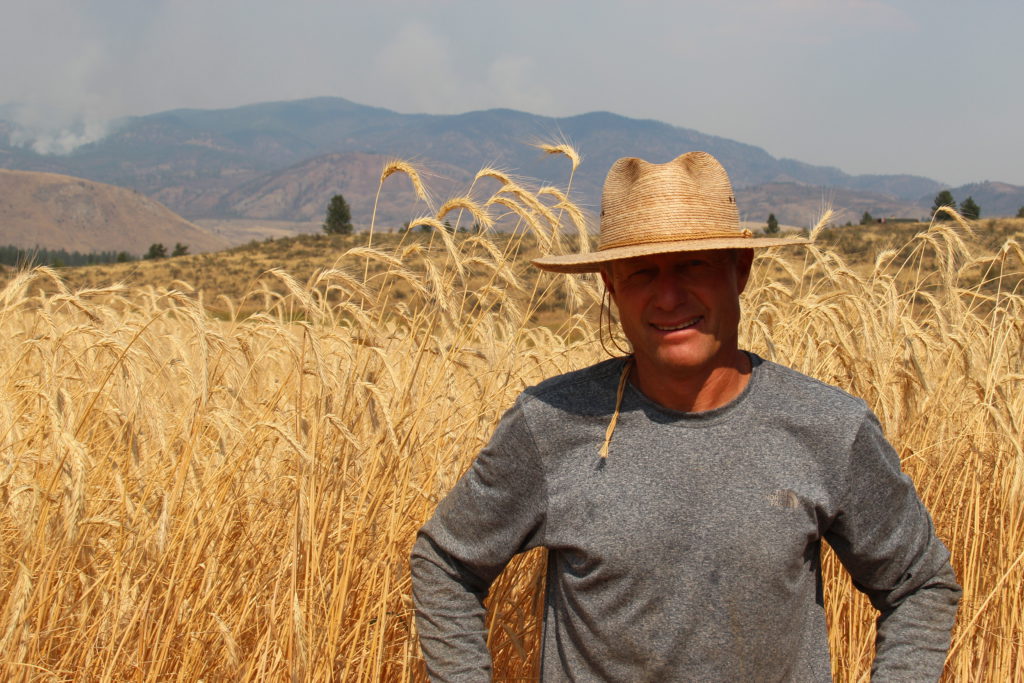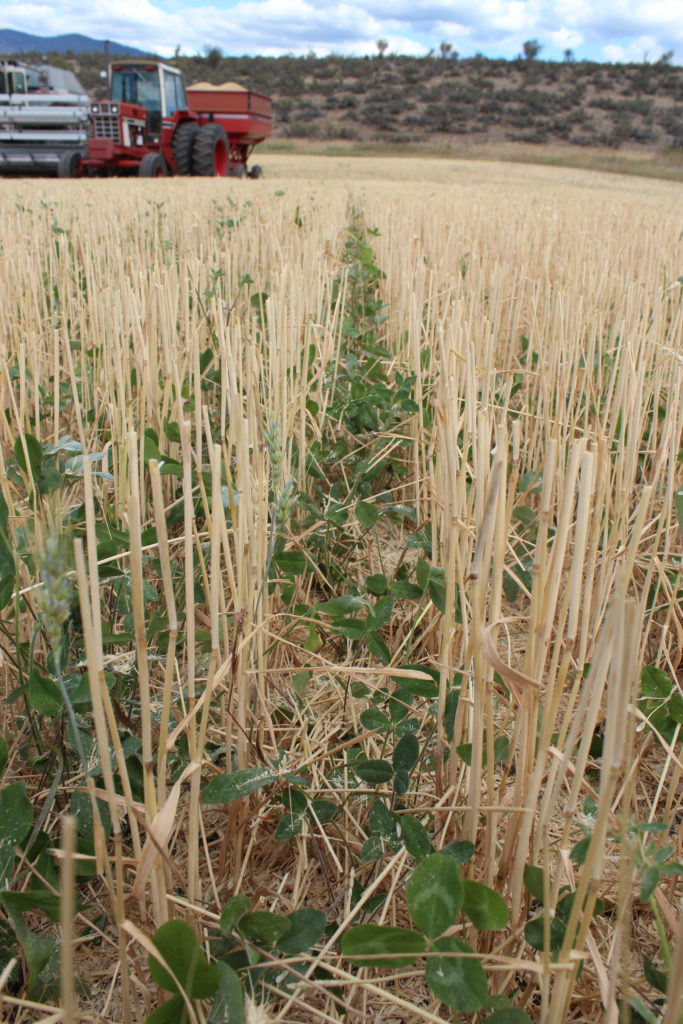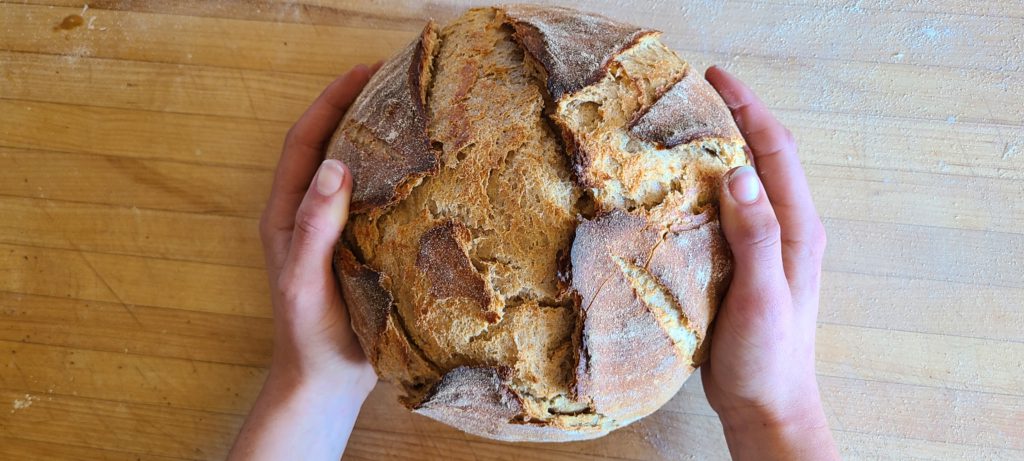With climate change a pressing concern, the need to achieve greenhouse gas emission targets is becoming increasingly important. However, renewable energy sources that can help decrease these emissions, like solar, aren’t always accessible or affordable.
Solaires, a past participant in the Spring Activator Campbell River Impact Investor Challenge, is addressing this issue by developing accessible solar energy technology of their own. We chatted with Carolina Betancourt, Marketing and Business Development Manager, about Solaires’ innovative technology, passionate and diverse team, and goals.
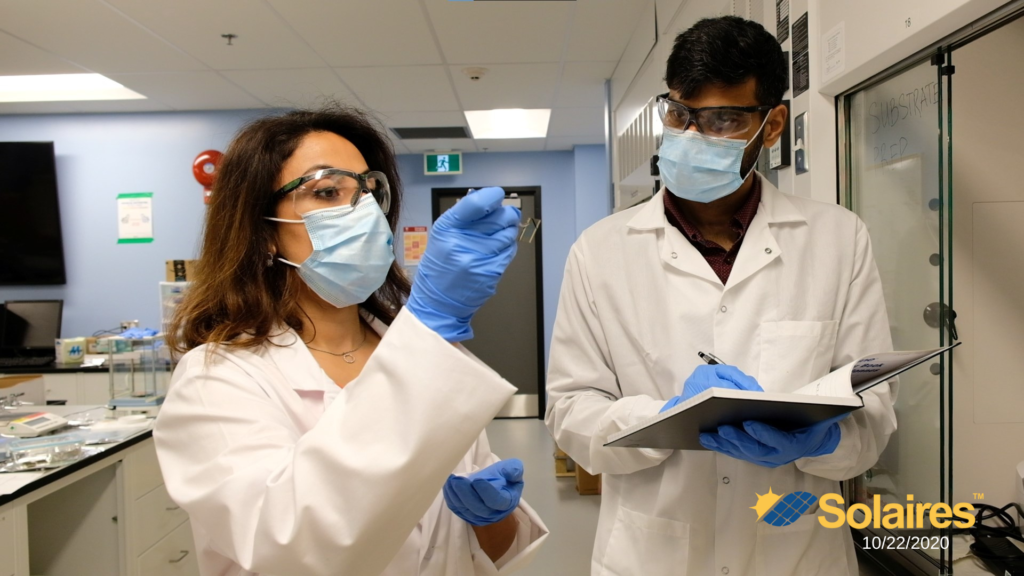
Tell us about Solaires’ mission.
At Solaires, our mission is to make solar energy more accessible by developing photovoltaic solutions that contribute to minimizing the planet’s environmental footprint.
What inspired your founders to start Solaires?
Being passionate about new technologies to improve human lives, they started Solaires knowing how important it is to take action now to reduce the carbon footprint. Their personal goals include being able to use their knowledge and experience to work towards saving the planet and creating a better place for the next generation.
As a company, we have gathered a great number of specialists and experts in this field, and are working with several universities and industry partners to achieve our goals.

What were some of the challenges they encountered?
We have a disruptive technology which, unlike sustaining innovations that improve existing products, we are reinventing a technology with a new business model. In addition to developing and validating our new technology, finding the best go-to-market strategy is one of the challenges we have faced.
Moreover, leading a large team of scientists, engineers, and business professionals is one of the day-to-day challenges to make sure everyone is aligned with our product development and business goals.
We strive to have everyone respect and follow our core values at Solaires. We have created a safe environment for everyone to share their thoughts and ideas, and make sure everyone feels valued and heard.
What is Solaires’ biggest success?
Although Solaires is a young company, we were able to gather more than 20 professionals and experts in this field, some with more than 20 years of executive experience. Today, we are working with five different research groups inside and outside Canada.
We have signed MOUs (memorandums of understanding) with several partners in Canada and overseas to test and evaluate our products. Furthermore, one of the founders’ biggest personal successes is seeing how engaged and dedicated our employees are to our goals.
What makes your organization unique?
We have a very diverse team with different backgrounds and mindsets who have come together to pursue one goal: help Canada achieve the zero greenhouse gas emission target by making solar cells and solar energy conversion technology more accessible and affordable.
We are changing the way solar cells are currently made and are also impacting the ability of women and minorities to participate in a science-based industry. Solaires is a certified Women’s Business Enterprise (WBE), with 60% of the management team being women. We are committed to meet the United Nations Sustainable Development Goals, and we are also in the process of being B Corp certified.
How do you feel Solaires make the world better?
Solaires is ambitiously working towards a number of powerful impact areas. Without a major acceleration in clean energy innovation, net-zero emissions targets will not be achievable. That is why we are developing the next generation of solar cells made from perovskite, which will make clean energy solutions more accessible and affordable while also broadening the possible applications for solar technology.
At the same time, we are raising awareness about climate change, supporting women in STEM, and advancing progress towards sustainable development. We are bringing to market clean energy innovation that will accelerate the transition to a cleaner world.
Tell us about your organization’s goals.
Our primary goal as an organization is to secure a more reliable and clean energy source that will effectively help in emission reductions necessary to meet the international climate goals, as well as national reduction targets.
We want to support Canada in achieving its zero greenhouse gas emissions target by developing and marketing an innovative technology to harvest solar energy. We also hope our endeavour towards this goal will help establish Canada as an innovation hub and a world class centre of excellence for research and development of solar cell technology.
Are there any upcoming initiatives or projects you’d like to share?
We are planning to collaborate with Canadian and overseas organisations to help us develop as well as commercialize our solar cell technology. We have signed NDAs with these potential partners and are in the process of finalizing the partnership agreements.
We are also partnering with universities to test our products. Our aim with these partnerships is to bridge the gap between the technology that exists in university labs and the commercialization of said technology.
What do you most want people to know about Solaires?
We want people to understand the impact our project can make in a world where drastic emission reduction is paramount to control climate change. Our solar technology cuts down emissions of solar cells by 40 percent, making it a more clean source of energy. Our solar panels will be much more efficient, and the manufacturing for them needs fewer resources compared to the current solar panels.
We also need people to know that we are a purpose-driven company that is proud of the work we do. Our diversely talented team, made up of over eight different nationalities, practices our core values every day. At Solaires, diversity, equity, and inclusion (DEI) are part of our DNA, and we consider it the foundation of our innovation. Together, we are building an inclusive culture that encourages, supports, and celebrates the diverse voices of our employees.
How can people help or contribute to Solaires’ mission?
The easiest way to support us in our mission will be to spread the word! Please share about us, our products, and our mission in your social media handles. The support will help us attract investors who are interested in investing in our project. People can also help us grow and expand our network by introducing us to investors who are interested in our technology, to potential customers, and to partners who align with our mission and values.
This story was featured in the Make The World Better magazine:
Dive into another inspiring story:
- Bluebird Grain Farms: Cultivating for the Next Generation
- Canadian Organic Growers: Advocating for an Organic Future
- Cascadia Seaweed: Making a Splash to Make the World Better
- Ecosystem Services Market Consortium: Improving Soil Health
- EMKAO Foods: Transforming the Economy with Every Cocoa Bean
- Moment Energy: Harnessing the Power of Clean Energy Storage
- Nada Grocery: Going Package-Free to Save the Planet
- ReFeed Canada: Securing Sustainable Food Systems
